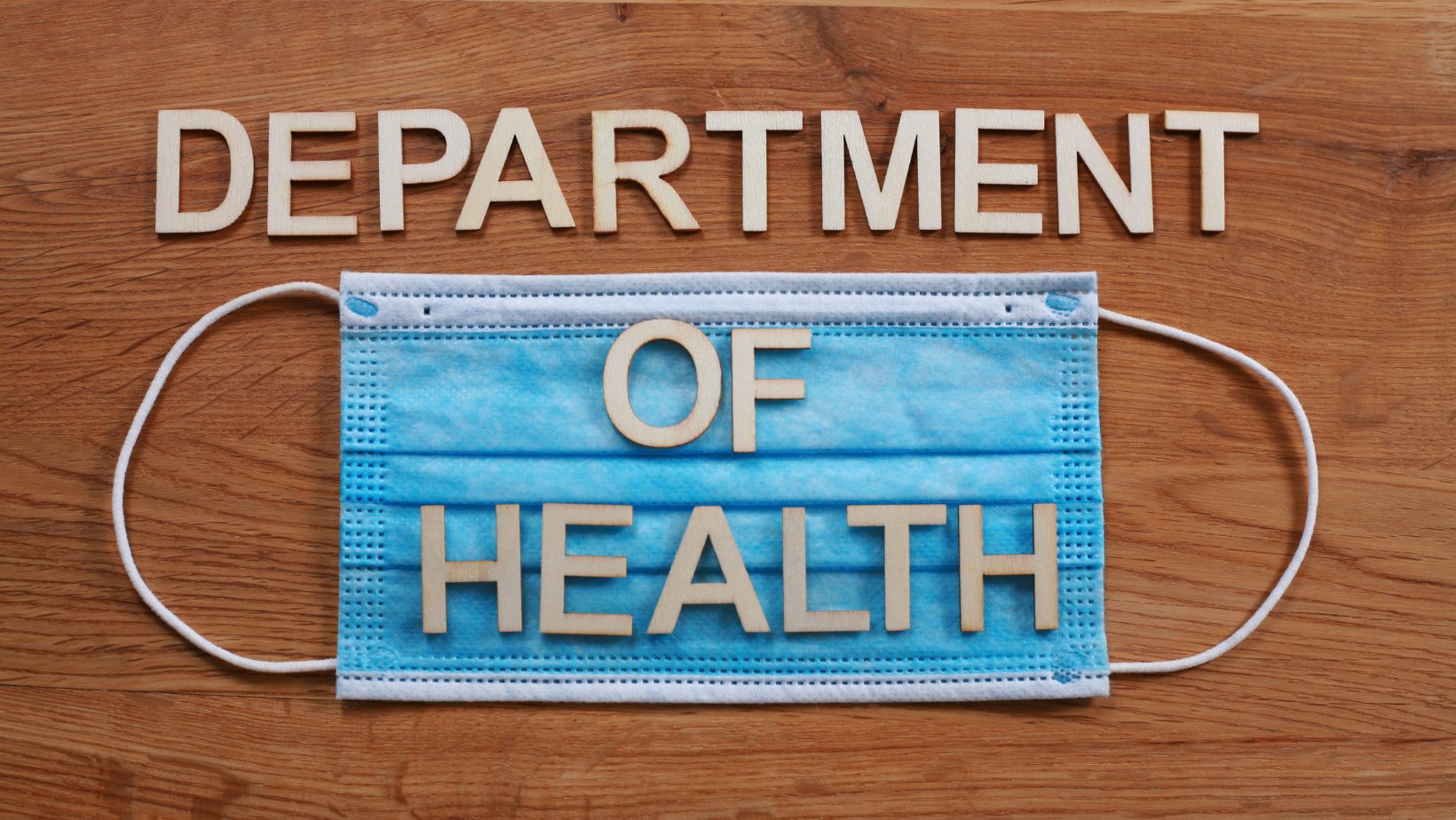Kerala’s Health Department Warns of Infectious Diseases
The Health Department in Kerala has warned all districts in the state regarding a possible increase in infectious diseases as the monsoon season intensifies. In light of this alert, the department has directed district health authorities to take special precautions to prevent disease outbreaks within relief camps.
Medical officers have been instructed to provide their services in all relief camps. At the same time, health inspectors and junior public health nurses have been assigned to ensure medical care delivery. Hospitals have also been advised to prepare for an expected rise in patient inflow and stock an adequate supply of medicines. With hygiene and safety as top priorities, the Health Department emphasizes cleanliness, proper water treatment, and caution against water-borne illnesses.
In anticipation of disease outbreaks within relief camps, the Health Department has taken proactive measures. The department has instructed that relief camp managers designate a health inspector or junior public health nurse from a primary or family health center to oversee medical services within the camp.
These details must be communicated to the district medical officers to ensure the availability of medical staff. It is also essential to keep relief camps and their surroundings clean, promptly report any illnesses among camp inmates to the department, and maintain proper hygiene practices.
All hospitals in Kerala have been alerted to the possibility of increased patient inflow during the monsoon season and have been advised to make necessary preparations. This includes ensuring an adequate stock of medicines to meet the demand. Additionally, individuals with pre-existing conditions who are on regular medication are urged to keep their prescriptions with them to avoid disruptions in their drug regimen.
Ambulance services should be readily available in relief camps to cater to emergencies, and special attention must be given to vulnerable groups such as children, the elderly, and pregnant women.
Specific preventive measures have been highlighted to prevent the spread of infectious diseases. Individuals who have come into contact with floodwaters or stagnant rainwater are advised to take doxycycline prophylaxis as directed by health workers. This is particularly important in the prevention of leptospirosis. Hygiene practices such as boiling drinking water and safe food consumption are strongly recommended. Furthermore, individuals with comorbidities, children, the elderly, and pregnant women should wear masks to prevent the spread of influenza-like illnesses.

